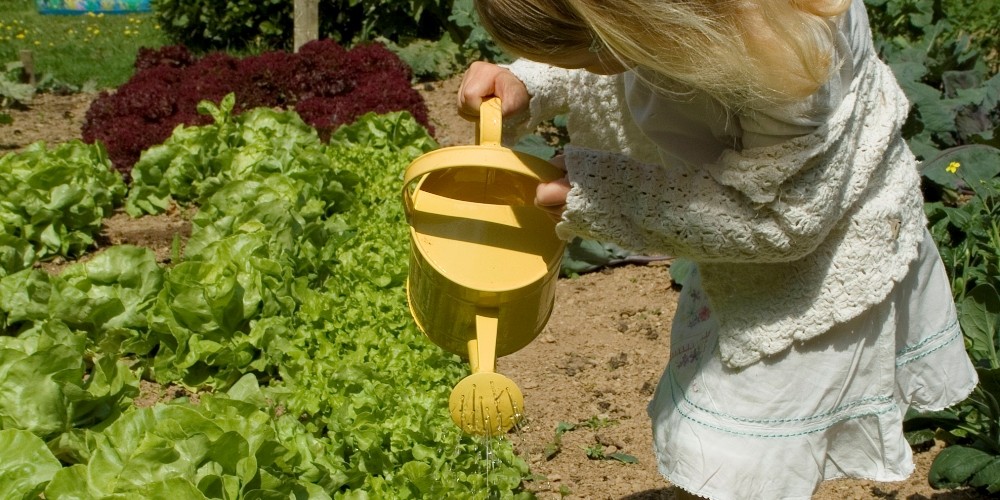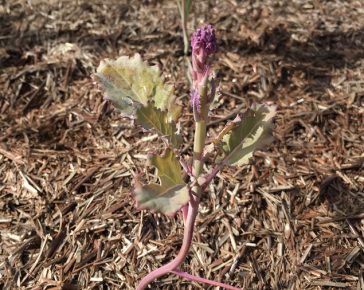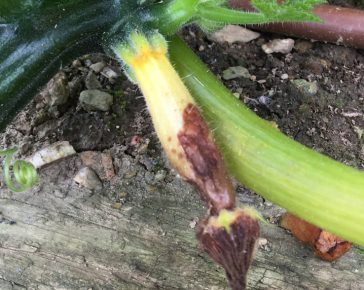We’re being treated to a largely warm and dry spring, which is great for the veg patch. However, your veg plants will need regular watering to keep them thriving.
We tend to find that there is a lot of different advice out there, some suggest watering every day, some only twice a week to make the plants put their roots down deeper, some say to water in the morning and in the evening, and so it goes on. Here at Rocket Gardens we like to make things as simple and straightforward for our customers, many of whom are fairly new to growing their own. So here is our no-nonsense approach:
- When your plants are newly planted, they will need a little more water to help get them going. We would recommend watering them well on they day you plant them, and then every other day for a week or so (unless it rains of course).
- Once plants are better established, you can water them less frequently so 3-4 times a week should be adequate.
- Watering early in the morning IS beneficial – firstly the water soaks well into the soil which is relatively cool from the nighttime, rather than evaporating off. Secondly, during the day the top layer of soil will dry off and this makes it less slug-friendly when dusk falls.
- If you can’t water in the morning, then just water when you can! There’s nothing stopping you from watering your plants at 4pm if that time is more convenient for you. Or at 1pm in the heat of the afternoon sun if necessary (see point 5), or in the evening with a gin and tonic in your free hand.
- Scorching isn’t something to be afraid of. We have yet to see the evidence that watering in the heat of the midday sun causes ‘scorching’, and in fact there are many gardeners who believe scorching is something of a myth and actually the dry, papery white/brown patches on leaves are where the plant is robbing the leaves of its own water in order to survive. If your plants are wilting, or if you only have 10 minutes at lunchtime to water your plants, then go for it. They will be fine.
- Use your common sense, check the soil & plants regularly. You will be able to see if your plants need more water – they may start to wilt, or they may go a bit yellow – and you will be able to see if the soil is too dry. Just check in regularly and follow your instinct.
- Don’t drown them. Overwatering is something that can happen when gardeners get nervous that their plants haven’t got enough water. If you’re checking the soil and plants regularly, you shouldn’t fall into this trap. Remember, the soil should be moist, but not waterlogged or soggy (which can also cause plants to wilt)
- When it is hot and dry, water more often. Again, it’s common sense. If it is 28c and cloudless, you’re going to need to water more often. Keep an eye on the plants to get a feel for how they are doing, keep checking the soil, and be prepared to water every other day or even daily if needs be.
- Avoid drought & keep moisture levels fairly consistent – very few veg plants will tolerate a total drying up of soil. It is much better to aim for consistently moist soil just below surface level (i.e. the top 1cm might be dry, but below that there is moisture) – this will prevent veggies from splitting (like tomatoes, and carrots/beets) and from developing problems like blossom end rot.
- Don’t forget to feed them – it is well worth applying a liquid feed monthly (or fortnightly once plants start fruiting) to help your plants access nutrients more readily.



